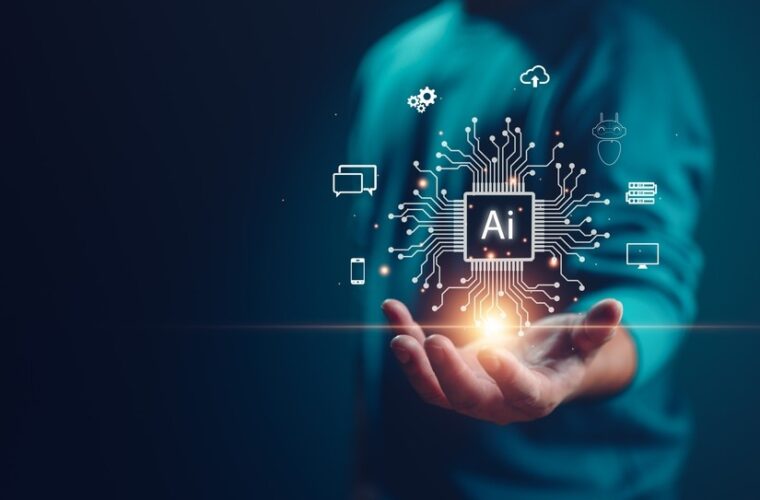The advent of generative artificial intelligence (GenAI) represents a momentous change for the business world, with most organizations becoming aware of the opportunities offered by implementing GenAI into their processes. In the first months of 2024, 47 per cent of companies have increased the pace of GenAI adoption and integration into their processes through expansion to all business functions, increased investment in technology infrastructure, and the ability for more business resources to access these tools.
These are the findings of Deloitte’s latest research, ‘State of Generative AI in the Enterprise: Now Decides Next’, a quarterly study by the Deloitte AI Institute on the actions taken by companies on GenAI adoption and possible impacts. The research, conducted in the first quarter of 2024, surveyed nearly 2,000 companies from six different industries. In particular, the research shows that 27% of companies intend to use GenAI to improve productivity and achieve better efficiency in their processes in general. At the same time, 28% will apply it to improve their products and services. Only 18% of companies will adopt GenAI to optimize existing processes to reduce costs.
Bridging the skills gap
‘Europe in the next ten years,’ comments Lorenzo Cerulli, GenAI Leader at Deloitte Central Mediterranean, ‘will face a demographic decline leading to a probable labour shortage. In this context, Generative AI is an innovation that could help our country face this challenge because it will allow companies to optimize production processes and increase efficiency.” For 72% of companies, confidence in all forms of artificial intelligence has increased significantly since the advent of generative AI in 2022. However, 60% of companies have adopted strategies that balance the rapid integration of generative AI with implementation processes aimed at mitigating potential risks.

In human resources management, 75 per cent of companies expect that generative artificial intelligence will change their talent strategies within the next two years. However, in the past months, 37% of companies were still not prepared for the change and the issues related to the impact of GenAI on company resources. Thirty-nine per cent of companies expect to increase their workforce over the next 12 months due to the integration of GenAI into their processes. On the other hand, 38% of the companies do not expect any impact from the adoption of GenAI and expect to maintain an unchanged workforce in the coming year.
Creating a network of partners
Deloitte will also introduce two specialized GenAI centres by 2024 to support clients in accelerating the adoption of GenAI technology and enable them to leverage strategic partnerships. To meet the increased demand for GenAI-related services, Deloitte plans to significantly increase the number of specialized experts through a recruitment plan to recruit more than 500 qualified professionals over the next three years. In addition, the plan is to provide over 350 thousand hours of training on GenAI, enabling all 17 thousand employees of the DCM network (Italy, Greece, Malta) to access dedicated courses, workshops, resources, and tools.
To further strengthen its know-how, Deloitte is also setting up strategic partnerships with academic institutes and research centres in the field of generative artificial intelligence. These partnerships are facilitated by the AI Institute, Deloitte’s global reference point on AI, which connects Deloitte with innovative start-ups, international research and development teams, and cutting-edge technologies.


